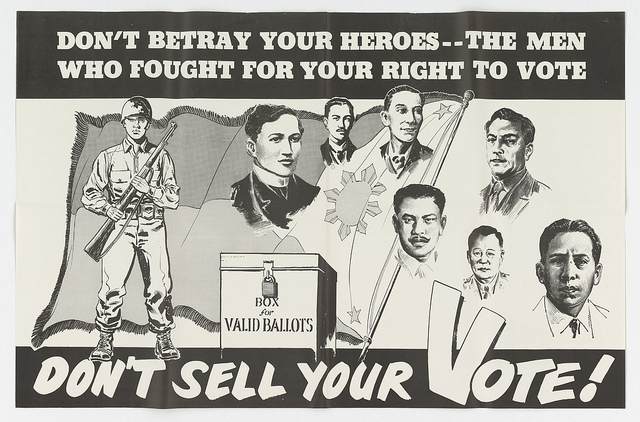I stopped at a table at my school’s University Center the other day. The table was set up for World AIDS Day.
The group running it was trying to get signature for a petition to prevent homosexuals from being withheld from donating blood.
A friend of mine was with me when I stopped by the table and began rifling through the various pamphlets and cards and paraphernalia strewn around the table (this is what I do instead of talking to people). She talked to one of the people standing behind the table and the pile of materials, ended up signing the petition, and I didn’t.
She made this decision after only about three minutes of talking to someone she didn’t know. I ended up looking like someone that didn’t support the cause.(By the way, I still don’t know where I stand on it.)
I know she had mentioned the issue before, but I don’t know how much research she had done, so this is not really about her. I got to thinking about how often people end up signing petitions or making other powerful decisions based on a short superficial interaction with someone that obviously goes into the conversation with an intended goal.
The situation would be entirely different if the cause was already something that was important to someone, and the decision to sign a petition or donate or make a pledge was based on more than just a heavily-biased interaction. So often, though, people are stunned by the information that a group presents at little exhibitions like this one.
They are affected emotionally, and suddenly they sense an imbalance in their feelings.
This imbalance, this unnamed feeling, is a necessary feeling for change to occur.
This feeling occurs only when someone becomes aware of an injustice.
This is not a pleasant or a comfortable feeling.
By its very definition, it is a manifestation of discomfort. It gives us a desire to see something done about said injustice. (Notice I said “see something done,” because they aren’t necessarily motivated to take action themselves and really do something.)
All they know, right then and there, is that the situation just can’t stay the way it is. They sign a petition or make a pledge or hand over varying amounts of money. Then the imbalance in their feelings is gone.
They feel that they have served justice the best that they can.
They move on,
often forgetting the pledge or whatever dedication they may have made.
I’m not saying that we should not sign petitions or refuse to donate money or dedicate ourselves to causes. I’m saying it needs to be more than a signature or a quick-forgotten pledge or even a financial donation. Donating money to a cause should be more than just money. The money should be supporting something that we have done research on, a cause that is close to our heart(s).
The action should be a symbolic representation of our dedication to the cause.
We need to know what we are dedicating ourselves (and/or our money) to.
We need to find and read the fine print.
The dedication we make needs to be more than just quelling that uncomfortably
unnamed
feeling.




